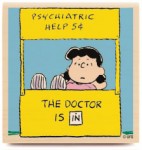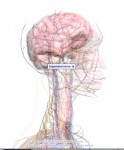Opening Up a Dialogue on the R-Word
Today a short article in the NY Times, New Kidney Transplant Policy Would Favor Younger Patients, draws my attention to a very basic problem in medical ethics: rationing. According to the Washington Post coverage, the proposal comes from the United Network for Organ Sharing, a Richmond-based private non-profit group the federal government contracts for allocation […]





